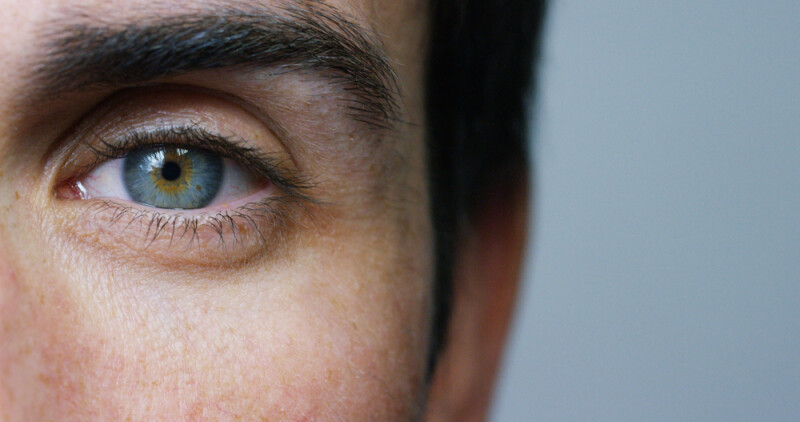Alcohol use shows “no health benefit” in large new study
Alcohol consumption is a somewhat controversial topic in integrative medicine, but a recent study published in The Lancet backs the side that says no consumption is safe.
Just one alcoholic drink a day slightly increases an individual’s risk for health problems, according to the study, published August 23. Researchers analyzed 195 countries and territories from 1990 to 2016, reviewing 694 sources of data and 592 studies to determine the health risk of alcohol consumption. No level of use had any health benefits, the researchers found.
Using both sales data and surveys, the authors estimated the prevalence of current drinking, abstention, the distribution of alcohol consumption among current drinkers in standard drinks daily (defined as 10 grams of pure ethyl alcohol), and alcohol-attributable deaths and disability-adjusted life-years.
Researchers adjusted alcohol sales estimates to take into account tourist and unrecorded consumption; did a new meta-analysis of relative risks for 23 health outcomes associated with alcohol use; and developed a new method to quantify the level of alcohol consumption that minimizes the overall risk to individual health.
In 2016, alcohol use was the seventh leading risk factor for death, researchers found, resulting in 2.8 million deaths worldwide and accounting for 6.8 percent of male and 2.2 percent of female deaths. Among people aged 15 to 49 years old, alcohol use was the most common risk factor for death and disability.
While many health and dietary guidelines suggest moderate alcohol consumption, one or two drinks per day, is safe, and popular programs like the Mediterranean diet tout red wine for its heart health benefits, this new study calls for revised alcohol control policies worldwide, focusing on lowering overall consumption.
The study was funded by the Bill and Melinda Gates Foundation.




















SHARE